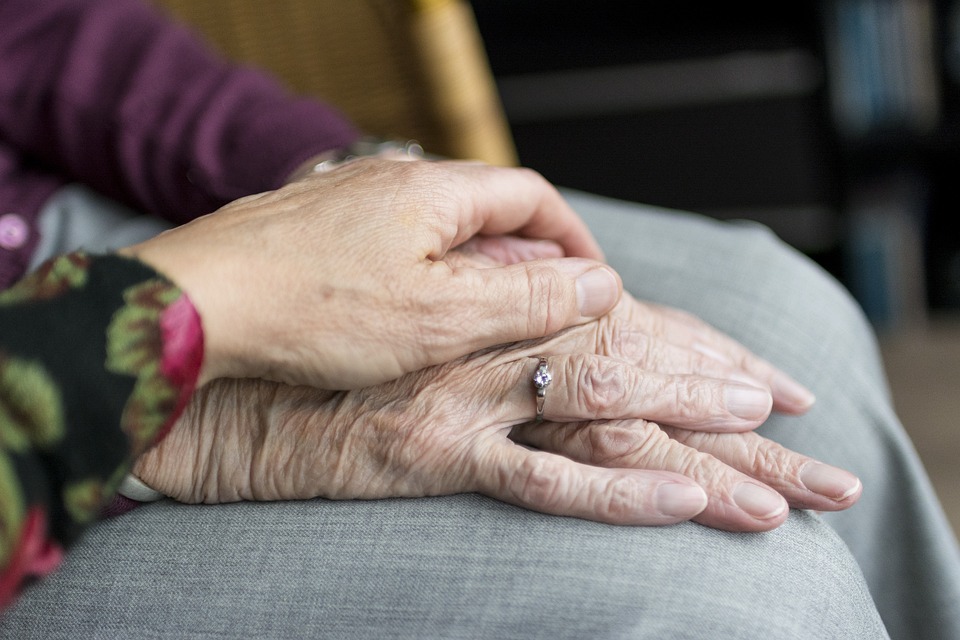Australian researchers have uncovered resistance mutations to Sotrovimab – a monoclonal antibody treatment developed to minimise the risk of severe COVID-19 in patients who have underlying health conditions.
Research led by the has reported genetic changes in the virus that causes COVID-19, associated with the development of resistance to Sotrovimab, in patients given the drug.
Sotrovimab is popular in Australia and is increasingly being used around the world because it is one of the few human-engineered monoclonal antibodies that can target Omicron, in addition to being used for other variants such as Delta. While evidence of Sotrovimab effectiveness to prevent severe COVID-19 has led to its approval for emergency use in the United States, Singapore, Europe and Canada, Australia was one of the first countries to issue formal regulatory approval.
It is believed this is the first time researchers have uncovered resistance in the clinic to Sotrovimab – which although uncommon, highlights the crucial role of surveillance. Sotrovimab neutralises SARS-CoV-2 predominantly by blocking entry of the virus into the host cell, binding to a particular region of the SARS-CoV-2 spike protein.
The world-first observational study published today in took place during the Delta outbreak in 2021, analysing the first 100 patients to receive Sotrovimab in Western Sydney.
Post-treatment follow-up was required in 23 patients with eight of those having remaining respiratory specimens that could be used in genomic analysis and four of these patients developing resistant mutations. The data showed persistence of viable SARS-CoV-2 in patients after Sotrovimab infusions and the rapid development of spike gene mutations associated with high-level Sotrovimab resistance in vitro.
Lead author Dr from the Sydney Institute for Infectious Diseases, , said with the resistance that developed in a small number of patients came the potential for resistant viruses to spread.
“We discovered that the virus that causes COVID-19 can develop mutations within the patient several days after Sotrovimab treatment, which reduces the effectiveness of this treatment by greater than 100-fold,” said Dr Rockett.

Laboratory culture system using VeroE6 cells tested negative to COVID-19. Top of page: a Delta-positive sample. Credit: Rockett et al, 2022.
Key findings:
- The whole genome sequence of the virus that causes COVID-19 was analysed from patients before and after Sotrovimab treatment. Specific mutations within the drug’s target site were uncovered that had previously been described in to confer resistance in laboratory culture systems.
- Resistance to Sotrovimab developed in a small number of patients 6-13 days after treatment.
- The resistant virus could be grown in laboratory culture systems, which is a marker of virus fitness that demonstrates the virus can likely be transmitted to others.
- Post-market genomic surveillance of novel antiviral treatments is warranted to prevent resistant virus disseminating into the community without recognition.
- Using the SARS-CoV-2 genomes available from around the world, the researchers demonstrated that while resistance mutations are incredibly uncommon, in Australia we know they are particularly associated with Sotrovimab treatment.
Senior author Professor said genomic surveillance was prudent not only to minimise the risk of treatment failure but also the transmission of potentially resistant variants, given that the virus persisted in patients for up to 24 days after Sotrovimab treatment.
“Resistant virus samples could be readily grown in the laboratory, a marker that individuals who develop resistance may transmit the resistance virus to others,” said Professor Sintchenko, also from the Sydney Institute for Infectious Diseases.
About the research
This is the first report of resistance to Sotrovimab in clinical cases, supporting the findings of previous research, that demonstrated mutations that conferred Sotrovimab resistance in laboratory culture systems and animal models.
Researchers in the new study sequenced the SARS-CoV-2 genome before patients were given the drug and then followed them through the course of the infection and could detect when the resistance mutations, in the virus genome, become dominant.
The researchers then investigated millions of international SARS-CoV-2 genomes to identify that this mutation is incredibly rare.
Dr Rockett concluded: “The rapid increase in the use of monoclonal antibodies to treat COVID-19 requires a similar increase in the surveillance for potential resistance mutations – this should help us detect resistance mutations earlier and prevent Sotrovimab, and other treatments, becoming a victim of their own success.”
The paper includes co-authors from the University of Sydney Rebecca Rockett, Dominic Dwyer, Sharon Chen and Vitali Sintchenko.








